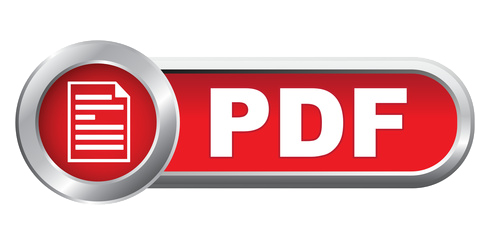Management / Business Management
Leadership Skills & Strategies for Decision-Making
MB132
No Schedule Course Found, You can Request Schedule or ask for a proposal to get as in-House for your team. Request eProposale
Leaders are made or broken by the quality of their decisions. Surprisingly, many of us approach decision making in a way that neither puts enough options on the table nor permits sufficient evaluation to ensure that we can make the best choice. Strategic decision making employs processes and tools to solve problems taking into consideration all elements affected by the decision and the resulting potential outcomes.
- Understand the leadership competencies and attributes.
- Distinguish between decision making and problem solving processes
- Identify obstacles to decision making processes
- Identify thinking skills and verbal behaviors that promote and hinder decision making
- Identify and apply the tools used in the decision making processes
- Distinguish between the value of team and individual decision making
- Define the role and key actions of the facilitator
- Recognize the accountabilities and responsibilities for organizational decision making
- Mid-to upper-level managers responsible for the continuous leadership development of others and building high-performance organizations
- Team leaders and coaches who are called to inspire and motivate their workers each day to accept new responsibility
- Managers who wish to transform their way of thinking, managing and leading for a higher level of skill, empowerment, and overall achievement
- Those interested in achieving standards of excellence and who wish to enhance their management skills.
Effective Decision Making
- Define decision making
- Rational v emotional decision making
- Individual v Collective
- The science behind decisions
- Avoiding decision making
- Psychological biases
Decision Models
- Process of decision making
- Kepner Tregoe
- Decision trees
- Other tools
- Intuition: thinking fast and slow
- Neuroscience – the brain is not 2 halves
Problem Analysis/ Problem Solving
- Types of problems
- Problem solving process
- Question bursts
- Solving complex problems
- Who makes decisions?
- Getting consensus
Managers and Decision-Making
- Strategic decision making
- Understanding the environment
- Variables in strategy development
- Option development/option selection
- Delivering multiple goals, agendas, objectives
- Building a strategic planning framework
Engaging & Empowering Staff
- The paradox: compliance v creativity
- Agile decision making
- What if mistakes occur?
- Strategic drift
- Decisions at an inflection point
- Review and action planning
Early Leadership and Rise of Trait Theory
- Early Leadership history
- Values, beliefs and development of early leadership
- The rise and fall of Trait Theory
- The ‘pros’ and ‘cons’ of Trait Theory
- The re-emergence of Trait Theory and its relevance today
Behavioral, Style, Situational and Contingency Theory
- Behavior and Style concepts of leadership
- Learning how to become a leader
- How Situational & Contingence theories developed
- The style of action based upon situational variables
- The action based upon the follower’s style and variables
Functional and Integrated Psychological Theory
- Functional behaviors that contribute to organizational effectiveness
- Efficient vs. Effective leadership
- Influencing your organization with strict moral codes
- Ethical & Moral Leadership
- Psychological theory, using the old and adding “leadership presence”
Transactional, Transformational and Leader–Member Exchange Theory
- The Transactional leader who holds power and control over employees
- Rewards and punishments
- Transformational style that can inspire positive changes
- Improving process and leading innovation
- Leader-Member relationship between leaders and followers
Emotions Intelligence and Neo-Emergent Theory
- Recognize their own emotions and those of others
- Adapting to environments to achieve one's goal
- Emotional intelligence for good interpersonal communication
- Neo-Emergent style based on creating a collaborative culture
- Dramatically increasing innovation and profit
This training course uses self-assessment questionnaires, models, practical exercises, case studies, presentations and group discussion to develop creative thinking and innovative decision making skills. The use of participants’ own real work situations adds reality and enhances transference of learning. This is a non-threatening environment which will allow participants to practice safely techniques they will then transfer to the workplace.
Terms & Conditions
ACTrain reserves the right to alter the Course Schedule without Prior Notification, Fees Quoted are Subject to Terms & Conditions Outlined in ACTrain's Registration Policy







